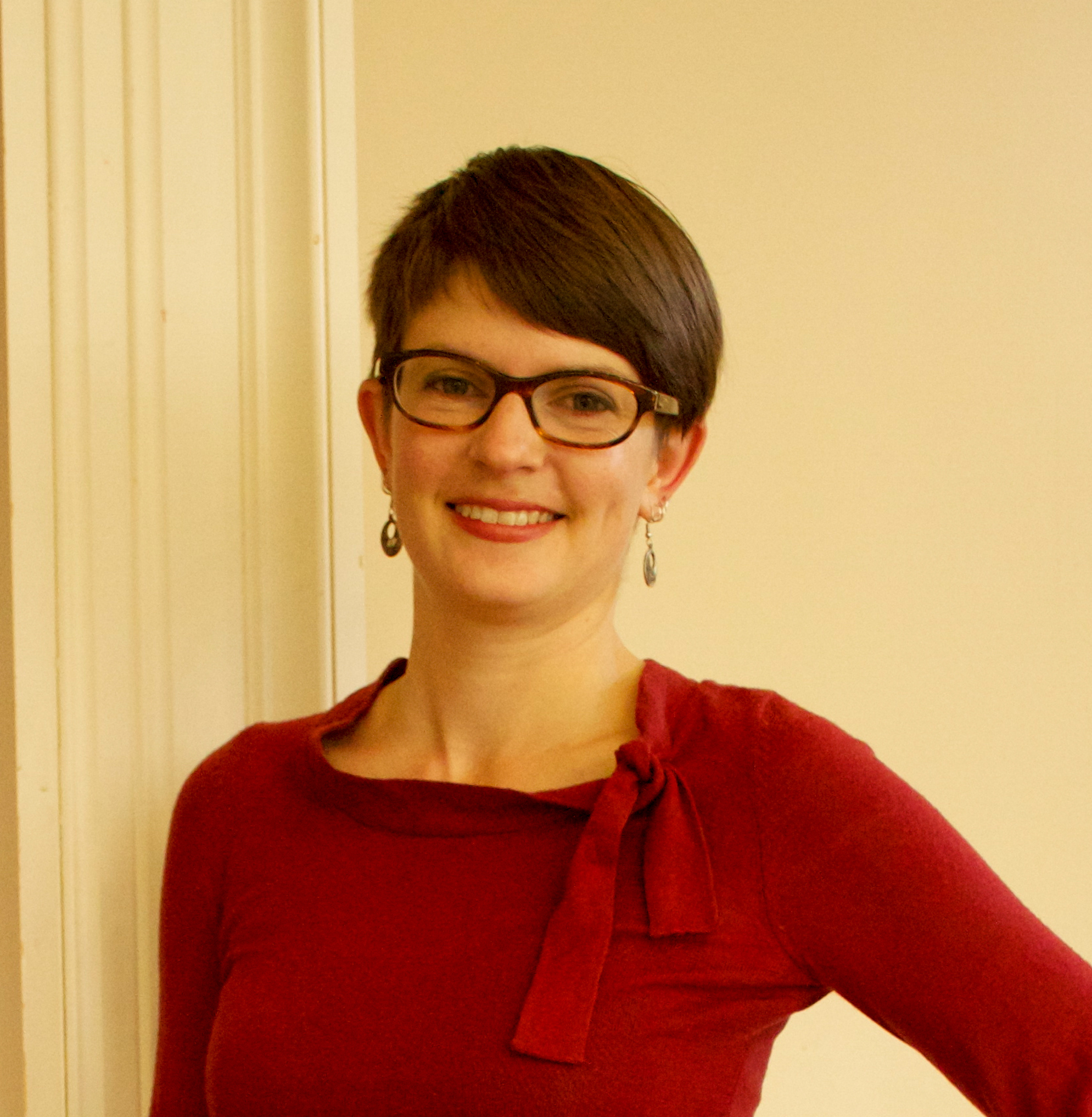
UAlberta Law Dean Paul Paton is very pleased to announce the appointment of Jennifer Raso as
Assistant Professor, effective July 1, 2018.
Jennifer is an SJD candidate at the University of Toronto and is scheduled to defend her dissertation this spring. She holds a prestigious SSHRC Bombardier Doctoral Scholarship and is a Junior Fellow at U of T's Centre for Criminology and Sociolegal Studies. Her research focuses on discretion, regulatory technologies and administrative decision-making, with a particular focus on discretion in the administration of social welfare programs. She is currently spending a term as a visiting researcher at Berkeley's Center for the Study of Law and Society and will also take up a visiting fellowship at Yale Law School's Information Society Project (a specialized law and technology research centre) and a postdoctoral fellowship at the University of New South Wales Law School in Australia next year.
A graduate of the University of Victoria Faculty of Law (LLB), Raso articled and then practised between 2008-2012 with the City Solicitor's Office for the City of Toronto Legal Services Division. She was a member of the McGill Law Women's Caucus, Coordinator of the UVic Association of Women and the Law, and was Editor and Senior Editor of the Journal of Law & Equality at the University of Toronto. She received the Richard Hart Prize for best paper by an early career researcher presented at the 2016 University of Cambridge Public Law Conference.
Raso said the following about joining the faculty:
"As a new faculty member, I look forward to introducing students to cutting-edge public law issues and contributing to the faculty's exceptional scholarly community. Building on the Faculty of Law's history of innovative teaching, I envision engaging students in the study of core legal questions and their contemporary manifestations. One area I am keen to explore in the classroom is how new technologies are making legal decisions - for instance, in policing, social assistance, and border control - and how this might impact our understanding of who (or what) makes law. What do fairness, reasonableness, and responsibility mean in this context? These questions will soon be at the forefront of legal practice, and I plan to give students a chance to grapple with them during their legal studies," she said.
"I also anticipate collaborating with other faculty members to deepen our understandings of how law and society shape one another. The faculty has a brilliant community of scholars who study law from socio-legal, indigenous, and historical perspectives, which I am thrilled to be joining. In addition, I hope to build bridges across the broader university, particularly with sociology and computing science faculty, so that we can exchange ideas and develop new knowledge about the relationships between law, society, and technology."
We look forward to welcoming Jennifer to UAlberta Law in 2018!